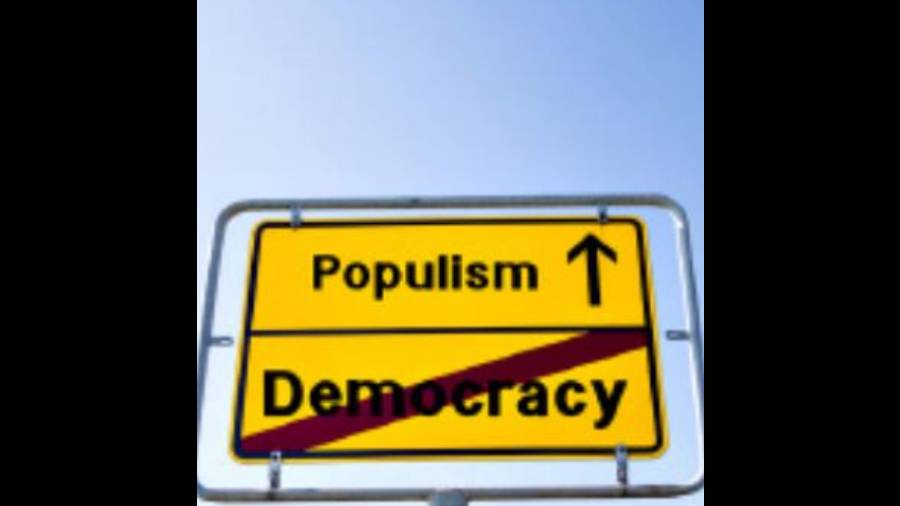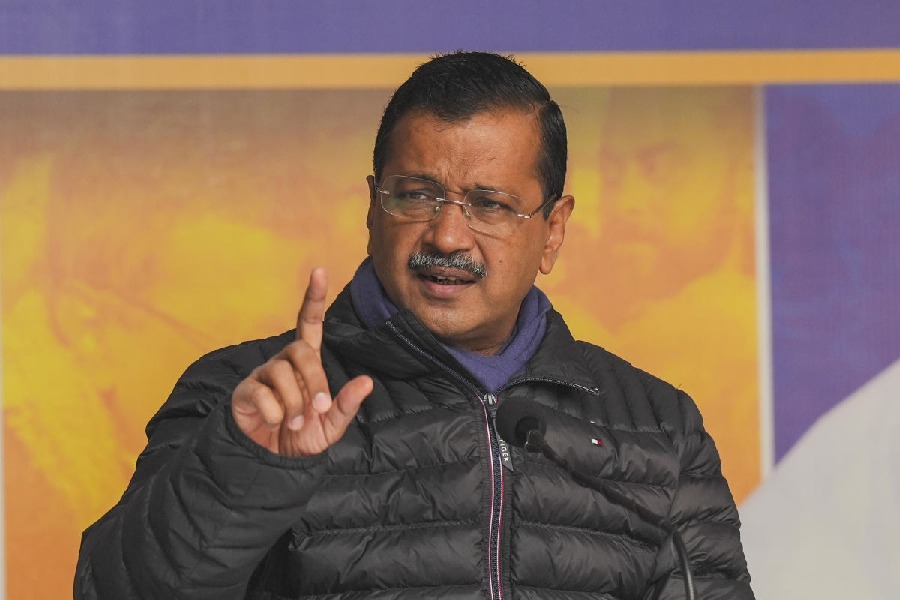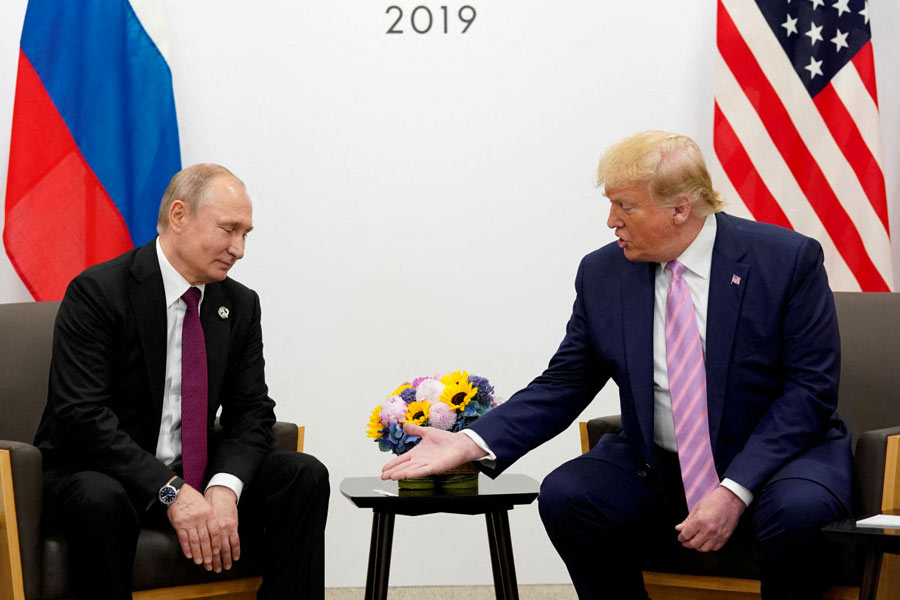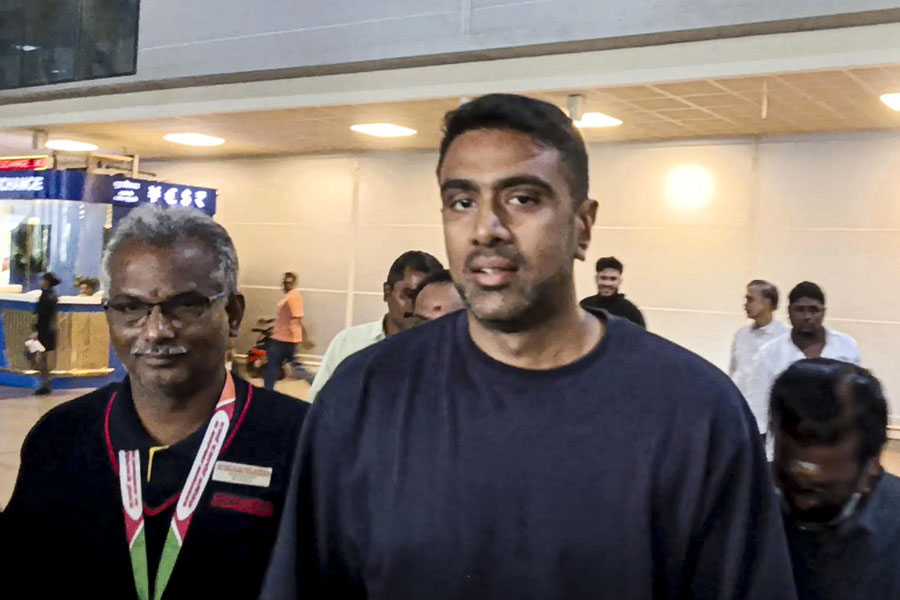The roots of the populist upsurge in India lie in the deepening of intra-subaltern conflicts. Dominant explanations of populism perceive it as the ‘massification’ of democracy through an anti-elitist discourse manifest in populism’s extra-institutional mobilisation. There is, though, a need to transcend this elite-subaltern binary to locate the source of consent to populist-authoritarian regimes in the growing intra-subaltern conflict.
The centre of gravity of social conflicts in India has moved away from one between dominant and lower castes to conflicts within the subaltern castes of Dalits and the other backward classes. These conflicts have been in the making for some time now and are centred on developmental programmes, social status, distribution of governmental benefits, control over resources, representation and voting. Similarly, the burgeoning tension between the disadvantaged Pasmanda Muslims and dominant castes such as Sayyids has lent legitimacy to populist modes of mobilisation within that community.
Intra-subaltern conflict is best conceptualised through the process of ‘sectarianisation’, which is marked by the formation of insular identities. Identities are imagined in a zero-sum game where the gains of one group are perceived as a loss for the others, leading to spiralling social conflicts. The process of ‘secular sectarianism’ has resulted in a decisive shift of support among various constituencies within Dalits and OBCs towards the ‘conservative populism’ of the BJP-RSS combine. For instance, in the 2019 general elections, 33% of Dalits and 42% of the OBCs voted for the Bharatiya Janata Party.
Populist politics is being able to mediate in intra-subaltern conflicts because it lays claims to the universalist notion of civil solidarity. Populists argue for such universalist ideas as inclusive civilisational ethos, nationalism, civil religion alongside inclusive development manifest in rhetorical slogans like ‘Sabka Saath, Sabka Vikas’, ‘Saaf Niyat, Sahi Vikas’ and so on. They have invoked imageries beyond narrow political considerations that include the extra-political ideals of seva and tapasya. While claiming universal inclusion, they also make a pitch for an exclusive Hindu identity. Much of the symbolism of Hindu identity does not represent the everyday culture and lifeworld of disadvantaged castes. For instance, India’s ruling regime vigorously campaigns in favour of vegetarianism. As the boundaries of subaltern identity become rigid, alien cultural practices are adopted as elements integral to civilisational ethos.
How does the populist regime maintain its claims on universal civil solidarity with a symbolism that is narrow, exclusivist but also universal? Referring to recent insights from ‘emotion studies’ might offer us significant clues into such paradoxical social processes.
In bringing in the affective dimension, one needs to make sense of what emotions do to political mobilisations and what political mobilisations do to emotions. Emotions are understood as social and historical constructs. Populists in India have invoked emotions across the spectrum — from invoking the emotions of love and obedience to those of fear, anxiety, shame, guilt, hatred and retributive anger. What role emotions play under populism needs to be understood in light of the performative shifts between claims to universal civil solidarity and exclusive sectarianism. Emotions create shared feelings that are then deployed in social engineering, blunting the rhetoric and appeal of anti-caste struggles.
Populism thus represents a complex web and belies any easy reduction into either exclusionary or authoritarian phenomenon.
Ajay Gudavarthy is Associate Professor, Center for Political Studies, JNU










